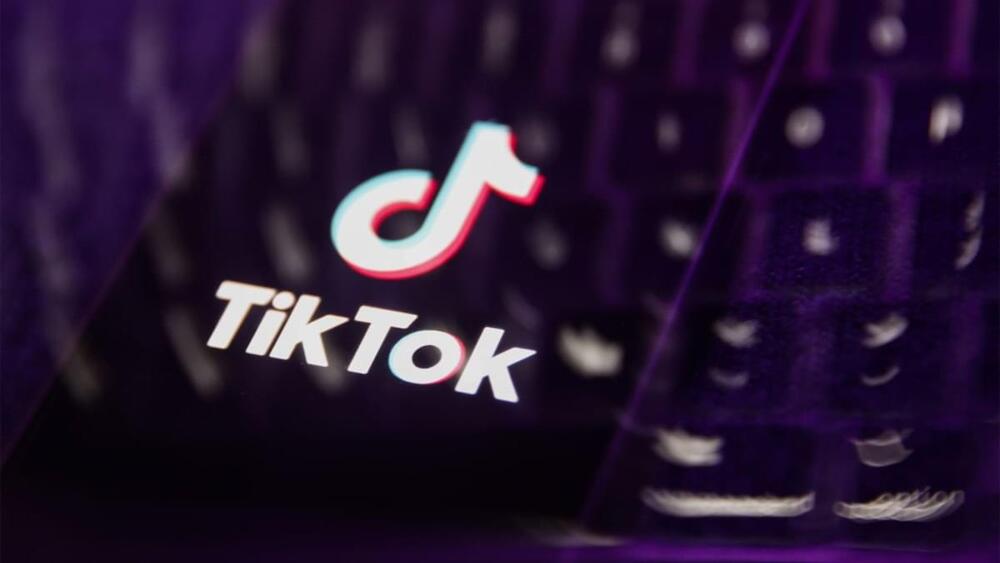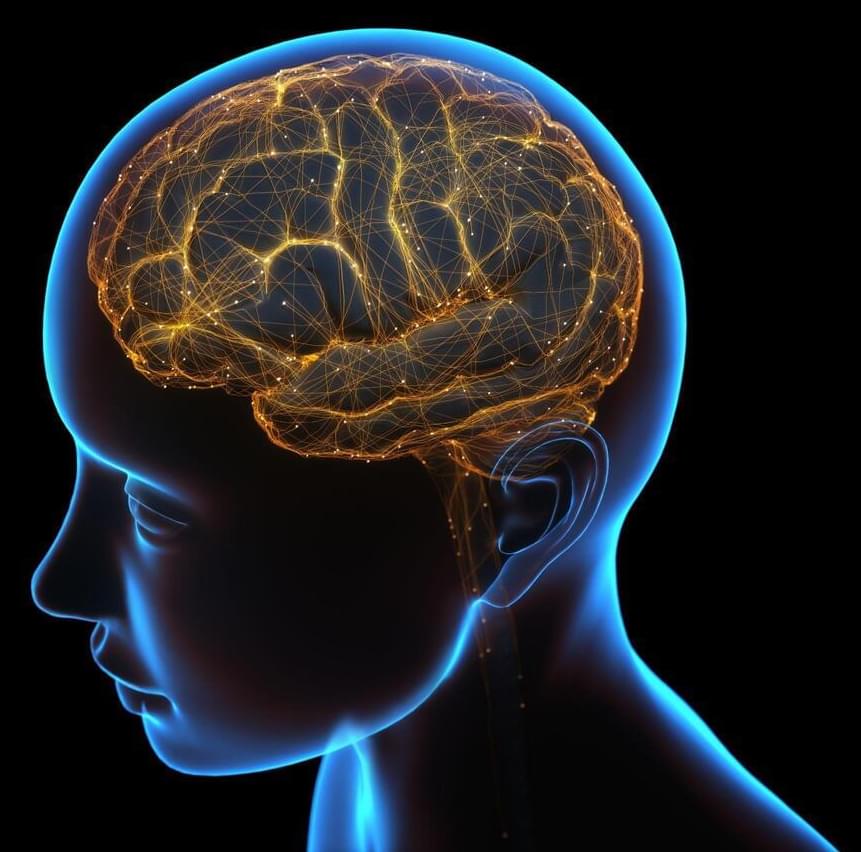Karmela Padavic-Callaghan is a science writer reporting on physics, materials science and quantum technology. Karmela earned a PhD in theoretical condensed matter physics and atomic, molecular and optical physics from the University of Illinois Urbana-Champaign. Their research has been published in peer-reviewed journals, including Physical Review Letters and New Journal of Physics.
They studied ultracold atomic systems in novel geometries in microgravity and the interplay of disorder and quasiperiodicity in one-dimensional systems, including metamaterials. During their doctoral training, they also participated in several art-based projects, including co-developing a course on physics and art and serving as a production manager for a devised theatre piece titled Quantum Voyages.
Before joining New Scientist, Karmela was an assistant professor at Bard High School Early College in New York City, where they taught high school and college courses in physics and mathematics. Karmela’s freelance writing has been featured in Wired, Scientific American, Slate, MIT Technology Review, Quanta Magazine and Physics World.







